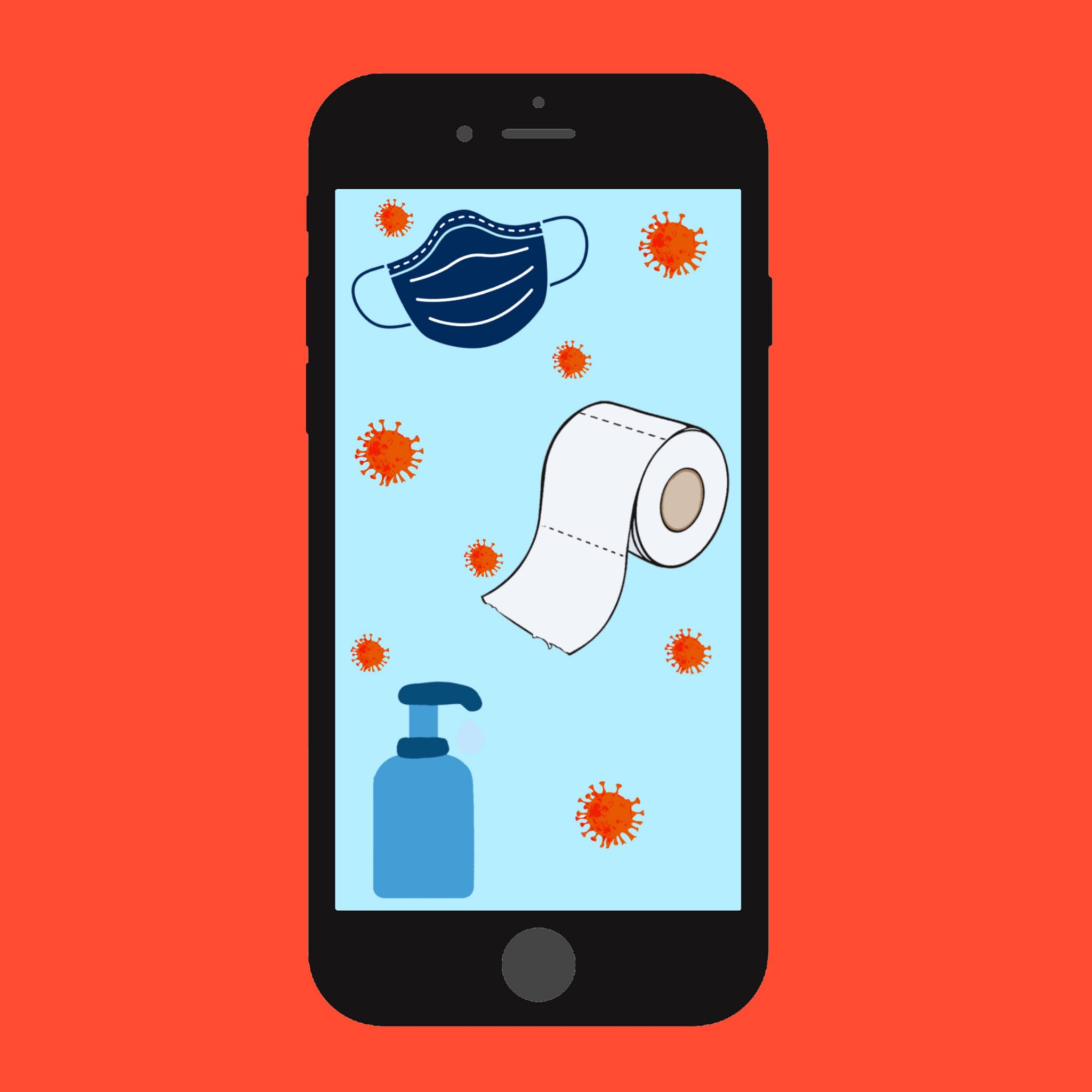Many of us are not responding to the coronavirus as we should

The explosion of COVID-19 has induced panic buying amongst Canadian consumers, creating shortages of in-demand items like hand sanitizer, N95 masks and toilet paper. All the while, the Canadian government staunchly defends the robustness of our supply chains. In other words, we can be optimistic that shelves will be restocked, and Canadians will not be left wanting for necessities, perceived or not, through these trying times.
But what about the things that times like these demand of us, that can’t be found halfway down aisle 5 in between the red solo cups and the tin foil hats?
Perspective is one thing that is sorely lacking, particularly among many Millennials and Gen Z’ers. Our reactions to the recent crisis serve as proof of this. In January, when tensions between Iran and the United States reached a boiling point, the world came as close to a true state-on-state conflict as it has been in decades. And while debates raged about whether or not the crisis could devolve into a regional or even global conflict, we made memes.
Compare this with our reactions to COVID-19 and a pattern reveals itself. The world is currently engulfed in the worst healthcare disaster since the Spanish Flu of 1918. Experts and all levels of government are impressing on us the importance of isolation, personal health, hygiene and social distancing. Despite this, many young people are failing to get the message: that if heeded, could stand to save lives and change for the better how history regards our response to the COVID-19 pandemic.
Many of us are reacting to these instructions in a balanced and healthy manner by remaining calm, and following them to the letter. But many others are choosing to react in two drastically different yet equally problematic ways: either with panic and self-pity, or nonchalant disbelief.
Across news and social media feeds, it’s not uncommon to still see us hosting quarantine parties, hitting bars and travelling despite explicit instruction against doing so. Pair that with the outpouring of memes (albeit some of which are great), and one thing is clear.
The humour we display in trying times is a coping mechanism to either minimize or forget altogether a fact that has already been lost on many of us. Despite the facades of certainty and civilization we are fortunate enough to live behind, we are vulnerable. COVID-19 is just the most recent reminder of this, and we ignore it at our own peril.
On the contrary, it’s equally common to see in these same media feeds sentiments of despair and self-pity over the current state of affairs. Being confined to your home and held to standards of social distancing sucks, full stop. We’ve all had to adjust our concepts of “normal” to varying degrees, but the reality is, it’s not that bad yet.
As of now, supply chains are still meeting our basic needs, and critical infrastructure is being maintained. Governments and many employers are rolling out measures to help offset the financial burdens Canadians are already facing.
While this new normal is far from ideal, this shouldn’t serve to remind us of what we are missing out on. It should open our eyes to the luxury in which we collectively live when times are good. In the grand scheme of human existence, the post-World War II concept of the peaceful, prosperous day-to-day in the Western World is the exception, not the rule.
Amidst the overflow of potentially contesting information and media hysteria, it’s difficult to stay accurately informed. Times like these create a precariously narrow gap between fear mongering and responsible news reporting. Now, more than ever, it’s on us to do our part as Canadians to go the extra mile to seek out credible sources of information and make responsible decisions based on it.
The bottom line is that COVID19 is serious. While the current data indicates it’s no significant threat to our generational demographic, many of our loved ones fall within age ranges that place them at serious risk of the virus, not to mention those of us who are immunocompromised.
This virus carries with it consequences the likes of which can’t be accurately predicted at this time, but will almost undoubtedly continue to change our “normal” significantly for months, and perhaps years, to come.
One day, our grandchildren will be told a story about the 2020 pandemic. Our actions as individuals right now will decide how that story gets told.
It won’t be panic, despair, or ignorance that pulls us through. Perspective, resolve, and sacrificing what little is being asked of us on the other hand, just might.
Stay home, stay informed and listen to the experts.


